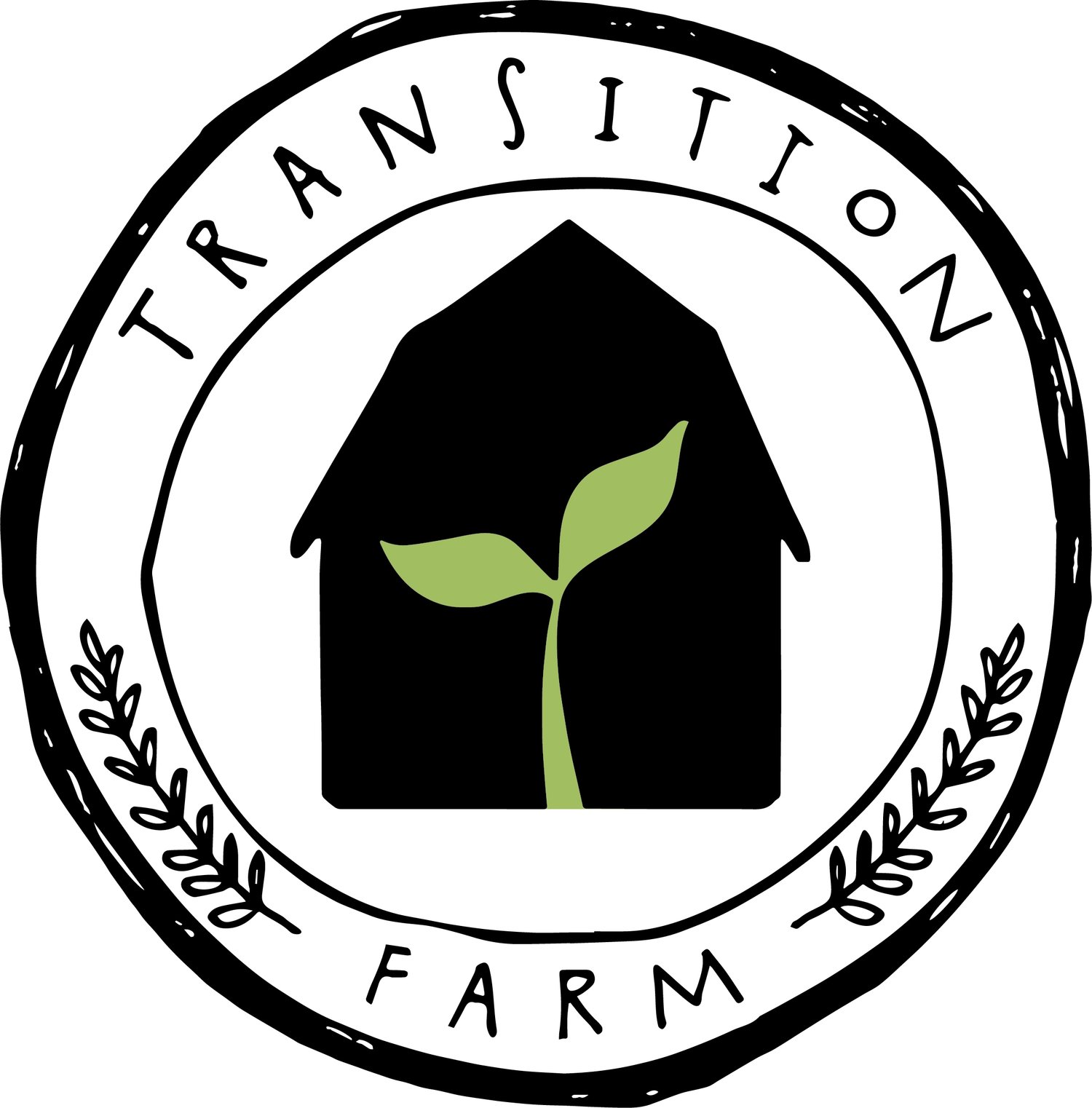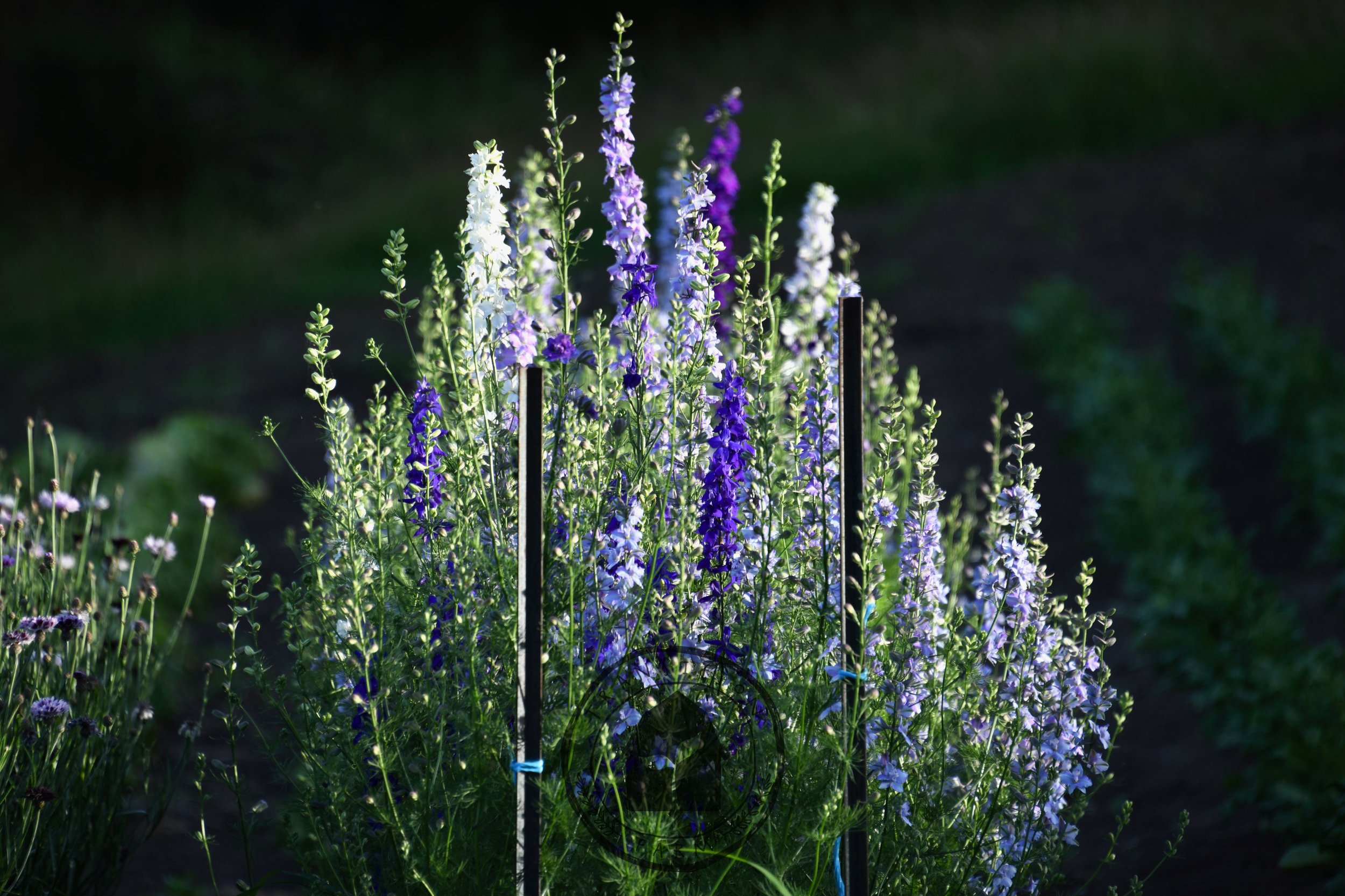Biodynamic Gardening Notes 14 - 21 March
/This week the moon continues to ascend until Thursday 15 at 11:25 when it starts descending until the end of the month. The descending moon is when the earth is breathing in and drawing growth forces back down below the soil surface. The lower parts of the plants, especially the roots, are activated. Activities that take advantage of the descending moon include making and spreading compost, transplanting seedlings and trees, taking and planting cuttings, cultivating soil and spraying horn manure preparation 500, manure concentrate and horn clay (Biodynamic Resource Manual, 51-53). View our previous post for more information about horn manure preparation 500. Look for the synthesis of the waning, descending moon in an earth sign Saturday, Sunday and Monday evenings to apply 500.
Take advantage of the descending moon by taking all of the summer garden leftovers and making a compost heap. Well made compost is gold for the vegetable garden and Autumn, being the strong digestive season, is a great time to make it so that it will be ready for spring! This is also a great week to begin applying compost around fruit trees and to all of the perennial beds.
A Moon node will occur on Wednesday the 14th at 06:40. Moon nodes occur where the moon’s path crosses the path of the Sun. The influence of the node lasts for approximately 2 hours on either side of the node. The effect is similar to that of an eclipse of the Sun by the Moon and it is best to avoid any agricultural or horticultural work for this brief period (Biodynamic Resource Manual, 53).
The moon is in a water sign on Wednesday and Thursday until 11:30, although a planetary trine is ocuring in favour of an earth sign. Water signs are favourable for leaf plants. Earth signs, roots. During these trine periods, the effect of the moon is either intensified by the planets or decreased. In this case, the planets are not supporting the moon in a water sign.
The moon moves into a fire sign on Thursday 15 at 11:30 until Saturday at 16:55 and the planetary trine in an earth sign continues on Thursday. Warmth or fire signs are favourable for fruit plants. These include all plants whose seed fruit we harvest: beans, peas, grains, cucumbers, squashes, lentils, corn, capsicums, rice, soya, tomatoes, zucchini, strawberries and fruit trees.
The moon then moves into an earth sign on Saturday at 16:55 until Tuesday morning. Earth signs are favourable for root plants. These included all plants whose roots we harvest: carrots, beetroot, celeriac, swedes, potatoes, turnips, parsnips and onions.
On Tuesday 20 at 00:28, the moon moves into an air sign which is favourable for flower plants. These include all the plants which are grown for their flowers, and where we want a long flowering time: garden flowers, medicinal and preparation flowers, bulbs and broccoli.
-Gardening Notes are compiled using Brian Keats Antipodean Astro Calendar; Maria Thun’s Gardening for Life; Biodynamic Agriculture Australia’s Biodynamic Resource Manual; Peter Cundall’s The Practical Australian Gardener; Louise Riotte’s Astrological Gardening; and the experiences and farm practices on Transition Farm
Links for more information
For more information about our Biodynamic Gardening Notes, visit our previous post About our Biodynamic Notes.
For more information about liquid brews for plant health, visit our Seasonal Notes page and click the tag “liquid brews” .
For more information about Biodynamics and to purchase biodynamic preparations, I know of three organisations in Australia:
Demeter Biodynamics at http://www.demeter.org.au/index.htm
Biodynamic Agriculture Australia at http://www.biodynamics.net.au
Australia Biodynamic- Victoria Inc. at http://www.biodynamicsvictoria.org/
For more information about the Antipodean Astro Calendar, Biodynamic Planting and research and more visit Brian Keats’ website at http://astro-calendar.com/index.htm.













